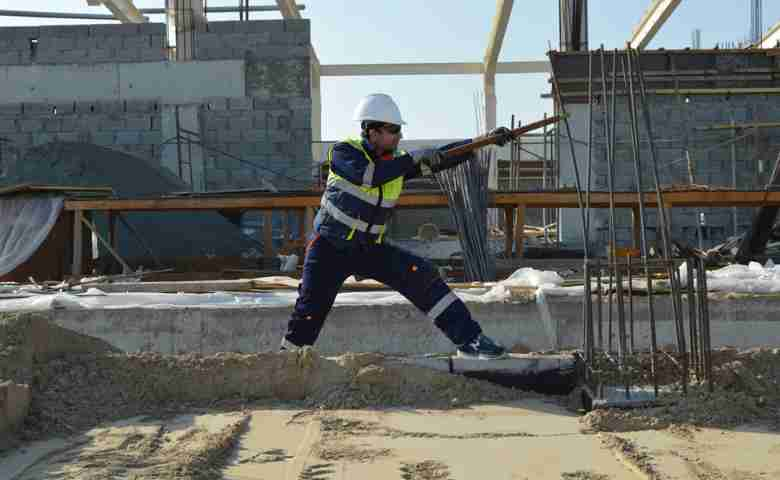Last Updated on September 25, 2024 by Admin
2024 is redefining residential construction in fascinating ways. If you’re curious about the latest trends transforming how homes are made, this piece is for you.
From green building practices to modular designs, today’s innovations promise more sustainable and stylish living spaces. And guess what? These changes aren’t just for show – they’re influencing buyer choices and shaping urban landscapes.
Ready to discover how? Let’s dive into six cutting-edge trends that are making waves this year.
Table of Contents
1. Eco-Friendly Building Materials
Construction is no exception as industries continue to heed the call for sustainability. Hempcrete, a mix of hemp fibers and lime, offers impressive insulation and durability. Bamboo’s rapid growth rate makes it a sustainable choice for flooring and structural elements.
Recycled steel reduces the carbon footprint while providing strength. And don’t forget reclaimed wood; it adds character and eco-friendliness to homes.
Many real estate developers now incorporate such materials into their projects. For instance, new construction homes for sale in Montgomery by Lowder New Homes feature these green solutions.
2. Smart Home Integration
Imagine controlling your home’s lights, thermostat, and security system from a single device. This is the reality of smart home integration. IoT devices connect everything from appliances to energy management systems.
Voice assistants like Alexa and Google Home make daily tasks effortless. Meanwhile, advanced sensors monitor air quality and optimize energy use in real time.
Homebuyers increasingly demand these features for convenience and efficiency. Modern construction homes often come equipped with these intelligent technologies as standard offerings.
3. 3D Printing in Construction
A few years back, who thought sections of concrete load-bearing walls or foundation layers could be made from a printing nozzle? 3D printing revolutionizes residential construction by creating intricate designs quickly and reducing material waste.
Concrete, plastics, and composites become custom-formed with unprecedented precision. Entire homes can now be “printed” layer by layer, significantly cutting down on labor costs and construction time.
Developers see the potential for affordable housing solutions using this technology, making it an exciting frontier in the industry.
4. Modular and Prefabricated Homes
When we talk about prefab and modular homes, we’re discussing a game-changer in residential construction. Built in sections within controlled factory settings, these homes boast superior quality control and faster assembly on-site.
Materials range from steel frames to timber panels, each contributing to durability and energy efficiency. With reduced waste and labor costs, modular designs continue to offer an attractive option for eco-conscious buyers looking for innovative living spaces.
5. Energy-Efficient Design Practices
Energy efficiency. These two powerful words have been the focus of multiple industries amid rising environmental concerns, and construction is leading the charge. Homes now feature advanced insulation materials, high-performance windows, and energy-efficient HVAC systems.
Passive solar design captures natural light and heat, reducing reliance on artificial energy sources. Smart thermostats further optimize energy use based on occupancy patterns. Together, these practices not only lower utility bills but also contribute to a sustainable future.
6. Use of AI in Project Management
Will it live up to its hype? Well, artificial intelligence has already proven its worth in project management for residential construction. Algorithms analyze vast datasets to optimize scheduling, resource allocation, and risk assessment.
AI-powered tools predict potential delays and suggest preventive measures. This tech improves efficiency and reduces costs while ensuring projects stay on track. For builders and buyers alike, the integration of AI offers significant advantages in delivering high-quality homes.
And voila, these are just a few of the trends revolutionizing residential construction. Stay tuned for more innovations that promise to reshape our living spaces!
Related Posts:
- How 3D Printing Is Revolutionizing The Construction Industry
- Top 27 Emerging Trends In Construction Technology To Watch In 2024
- Top 25 Eco-Friendly Technologies in Construction for 2024
- Sustainable Building Practices in Commercial Property Construction
- Unveiling Modular Construction Costs: A Comprehensive Guide to Modern Building Economics


